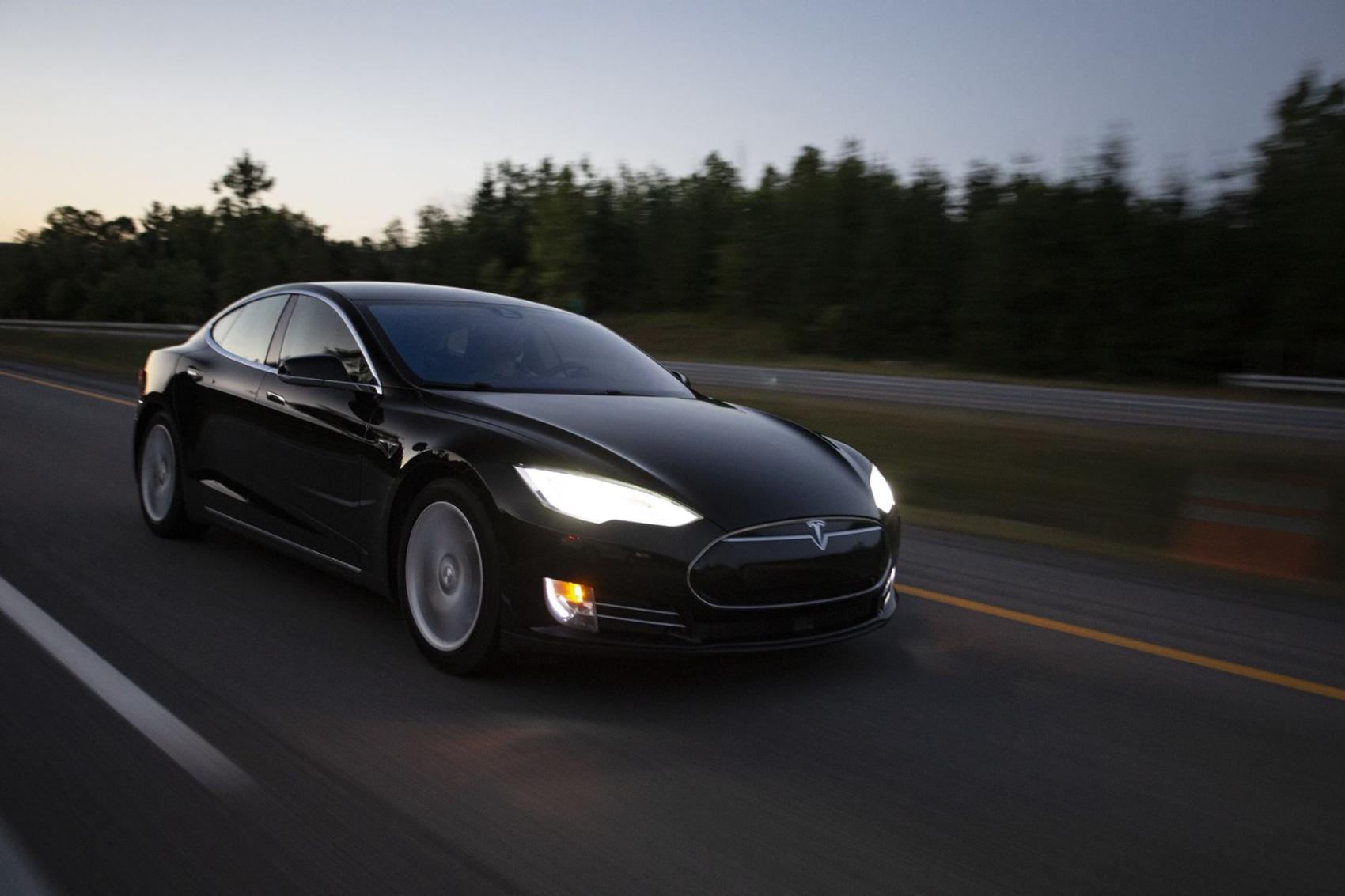Read The Full Article On: Barrons
Tesla caught an upgrade Monday morning, sending shares up about 5.9% in premarket trading. But even though some analysts see opportunity in the stock now, many questions remain about how the Covid-19 crisis will affect electric-vehicle demand.
Jefferies analyst Philippe Houchois upgraded the stock in the EV pioneer from the equivalent of Hold to Buy. He did, however, cut his price target from $800 to $650 a share.
That isn’t uncommon these days. Estimates for all stocks are coming down. Wall Street earnings estimates for the S&P 500 have fallen about 7% from recent highs. The index is down far more, falling about 23% year to date. When stock prices fall faster than earnings estimates it can lead to upgrades—even if price targets are reduced.
Houchois, for his part, expects Tesla (ticker: TSLA) sales to rise 27% in 2020. Wall Street expects about 20% growth on average.
Houchois said in a Monday research report that he feels good about demand in a postcrisis world. “We would assume higher consumer support to energy efficient transport,” he wrote. He also noted that consumer demand for backup battery power should grow and that government support for lower-emission vehicles remains strong.
Baird analyst Ben Kallo is a little more cautious than Houchois, expecting about 22% sales growth in 2020. Even so, he has some questions about how demand will develop beyond 2020.
“We use the 2008-09 recession as a framework to evaluate potential risks to [Tesla] vehicle demand,” Kallo said in a Monday research report. He noted that luxury-vehicle sales in the U.S. dropped from about 474,000 to roughly 350,000 during the financial crisis. It took about five years for industry sales to recover. “We do think [Tesla] could fare better than luxury peers, with new products [and] geographies driving growth.”
Kallo, a longtime Tesla bull, now rates the stock the equivalent of Hold and has a $525 price target for shares. The key question for him is how will the Covid-19 sales declines and recovery mirror the 2008-09 situation.
It is a good question, and uncertainty surrounding the answer has fueled Tesla stock volatility. Tesla investors have been on a wild ride over the past year. Shares have gone from a low of less than $180 to almost $970. At current levels, shares remain up about 20% year to date, far better than comparable drops of the S&P 500 and Dow Jones Industrial Average.
A string of better-than-expected numbers has helped propel the stock. Last week, Tesla reported that it sold more cars in the first quarter than Wall Street had expected.
Tesla analysts—including Kallo and Houchois—have been on a wild ride too. The average analyst price target is up from about $300 at the beginning of 2020 to $480 a share, right around current levels. But the average analyst price target is down from $550 in March after analysts adjusted numbers for the Covid-19 impact.
Tesla shares rarely trade below the average analyst price target. It has been a polarizing stock for most of its history. Wall Street price targets range from $240 to about $840 a share. The $600 spread is more than 100% of the current stock price, far wider than the bull-bear spread for the average stock.

